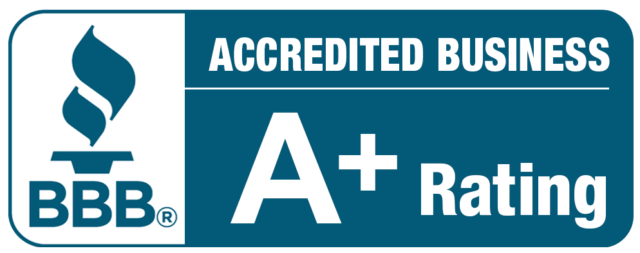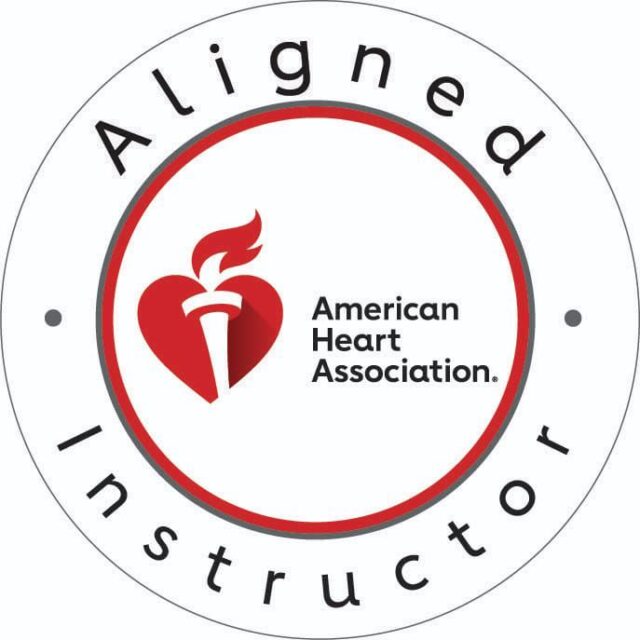Do you have a senior in your care who is having trouble swallowing? Are you wondering what this is and how you can help seniors with swallowing difficulty? We are here to guide you
Swallowing is something we don’t often think about until it becomes difficult. For many elderly people, swallowing problems, also known as dysphagia, can make everyday tasks like eating and drinking a real challenge.
Dysphagia is the medical term for difficulty swallowing, and it’s more common than you might think, especially in older adults. But why does this happen, and how can I help a senior experiencing this problem?
Let’s find out.
Understanding Swallowing: How It Works
Swallowing involves more than just gulping down food or drink. It’s a complex process that requires precise coordination between the brain, muscles, and nerves. There are three key stages: the oral phase, where food is chewed and moved into the throat; the pharyngeal phase, where the throat muscles propel it down; and finally, the oesophagal phase, where it reaches the stomach.
As we age, the muscles in these stages may weaken, making the process less efficient. This is what leads to elderly swallowing difficulty, otherwise called dysphagia.
Common Causes of Dysphagia in the Elderly
Dysphagia can stem from several different causes, particularly in older adults. Neurological conditions such as stroke, Parkinson’s disease, or dementia can disrupt the coordination of muscles required for swallowing.
Muscle weakening and atrophy, both natural effects of ageing, are other contributing factors. In some cases, even medications commonly prescribed to the elderly can lead to difficulty swallowing.
How Do I Know A Senior Has Elderly Swallowing Difficulty?
Just like most illnesses can be noticed, dysphagia is spottable. Noticing the symptoms of dysphagia early can help prevent more serious complications. Some of the most common signs include:
- Drooling.
- Hoarseness.
- Food regurgitation.
- Frequent heartburn.
- Not being able to swallow.
- Difficulty or pain when swallowing
- Coughing, gagging, or choking during meals
- Food or stomach acid backing up into the throat.
- Feeling as if food is stuck in the throat or chest or behind the breastbone.
- Unintended weight loss If you notice these symptoms in yourself or a loved one, it’s important to seek medical attention.
What Are the Health Risks Associated with Dysphagia?
When swallowing becomes difficult, it’s not just about discomfort. Dysphagia can lead to serious health problems. One of the biggest risks is malnutrition and dehydration, as eating and drinking may be too challenging.
There’s also the danger of aspiration pneumonia, which happens when food or liquids enter the lungs instead of the stomach, causing infection. Additionally, some elderly people may feel embarrassed or anxious about eating in front of others, leading to social isolation and depression.
When To See A Doctor
If you are experiencing any of the symptoms above and you feel it is not normal, it could be that you are experiencing elderly swallowing difficulty. And it’s time to see a healthcare professional.
If a blockage makes it hard to breathe, call for emergency help immediately. If you’re unable to swallow because you feel that food is stuck in your throat or chest, go to the nearest emergency department.
The doctor will conduct a clinical assessment, a physical examination, and, in some cases, further tests like a barium swallow test or endoscopy. These tests help doctors get a clearer picture of what’s going wrong during the swallowing process.
Are There Treatment Options for Elderly Swallowing Difficulty?
First, you should know that dysphagia is not always curable, but it can be managed with treatment. The treatment options for dysphagia also depend on the underlying cause.
For some, making simple dietary adjustments, such as switching to soft or pureed foods, can make swallowing easier. In more severe cases, swallowing therapy, performed by a speech therapist, may be recommended to strengthen the muscles involved in swallowing.
In certain cases, surgical options might be necessary to remove obstructions or improve muscle function.
How Do You Care For Dysphagia Patients?
If you are looking to manage a patient who has difficulty swallowing, you need the services of good home care. That’s where we come in: Good Hands Home Care.
Caregivers play a crucial role in supporting elderly individuals with dysphagia. Being what we are good at, we make the lives of patients living with dysphagia easier.
We support with simple tasks, such as cutting food into smaller pieces or encouraging slower eating, which can go a long way. Monitoring for signs of choking, gagging, or dehydration. Emotional support is vital too, as dysphagia can take a toll on a person’s mental health. And we are here to help our patients cope.
To leverage our care services, visit Good Hands Home Care Agency, or reach us via phone at +1-317-742-4135, +1-317-981-5990
Are There Nutritional Considerations For Seniors Experiencing Swallowing Difficulty?
Not necessarily a nutritional consideration, however, people experiencing elderly swallowing difficulty have a special consideration for food texture.
When someone has dysphagia, adjusting the texture of food is one way to help. Pureed or soft foods are easier to swallow and reduce the risk of choking. Additionally, incorporating nutrient-rich shakes or soups can ensure they get the calories they need without straining their swallowing abilities.
Conclusion
Dysphagia is a serious condition that affects many elderly individuals, but with the right treatment and support, it can be managed. By understanding the causes, symptoms, and treatment options, caregivers and family members can help improve the quality of life for their loved ones. Early detection and proper care can prevent the complications associated with this condition.
We hope you find this guide helpful.
If you are in Indiana and looking for how to access quality care services and personalized client care plans, visit Good Hands Home Care Agency, where care is offered with professionalism and efficiency.





